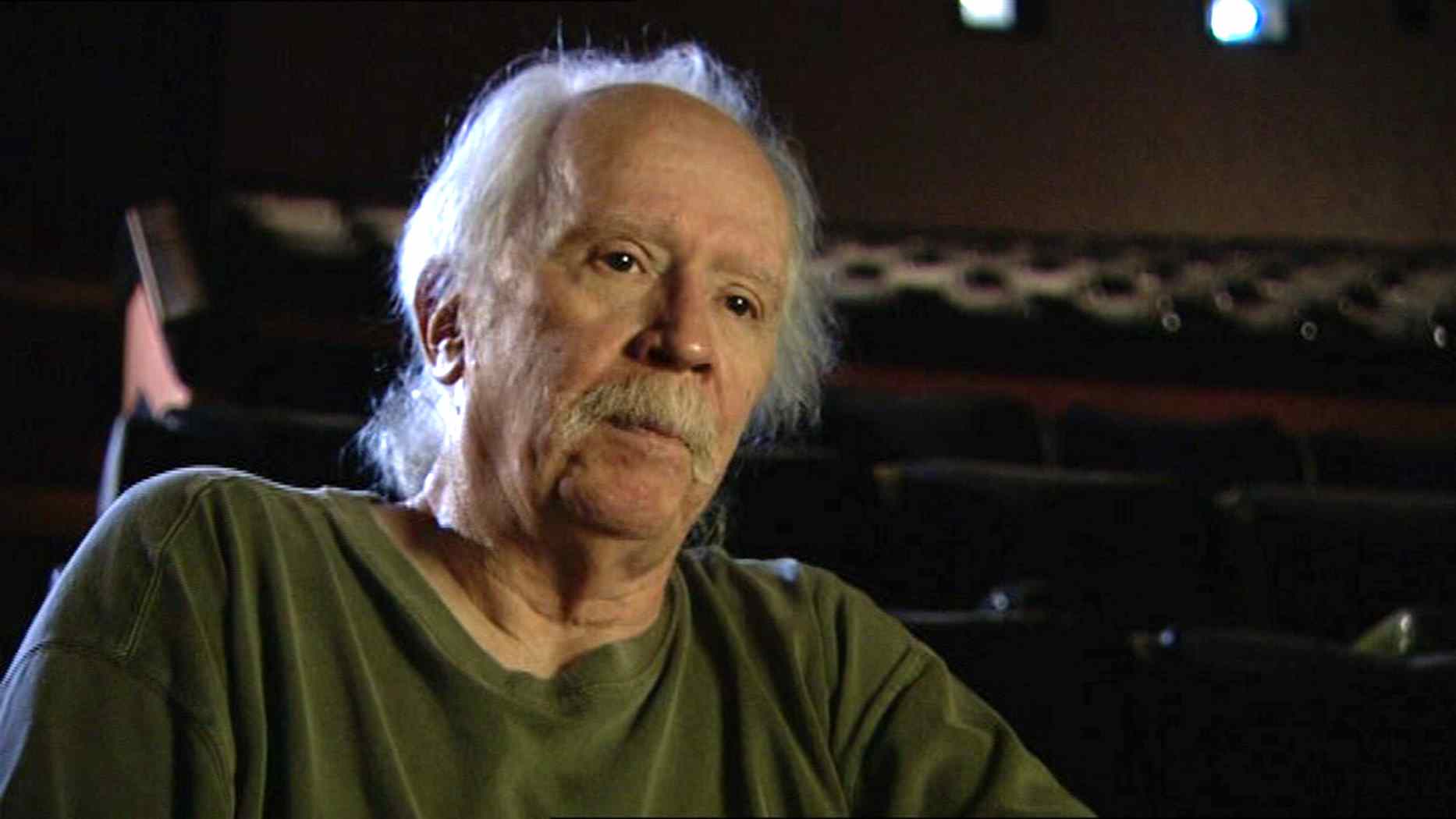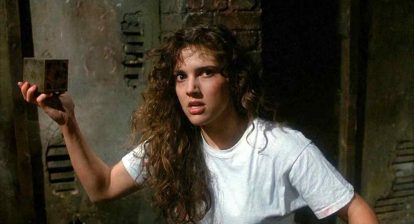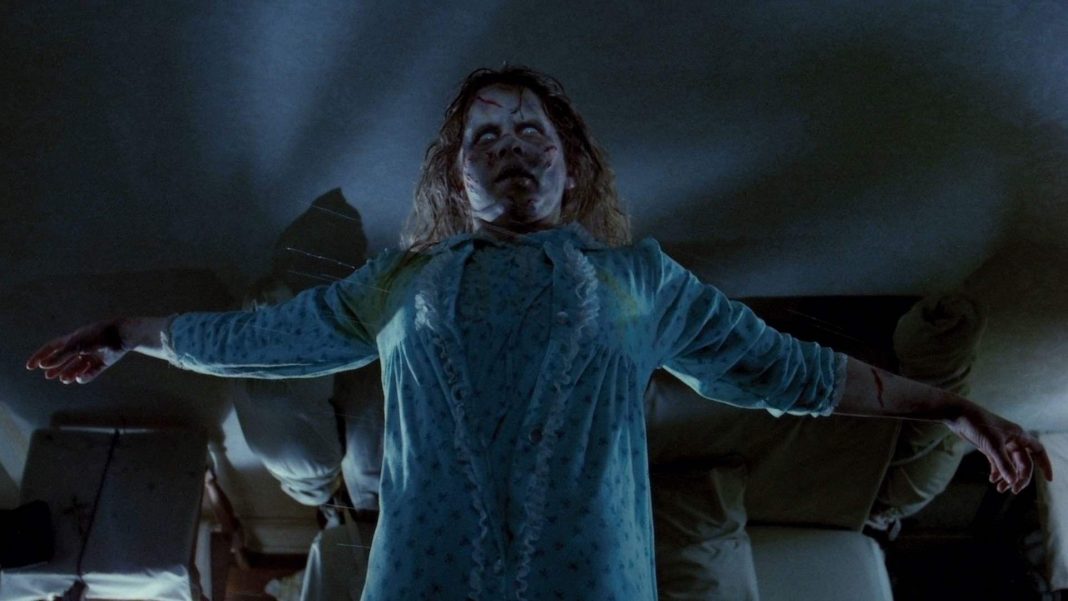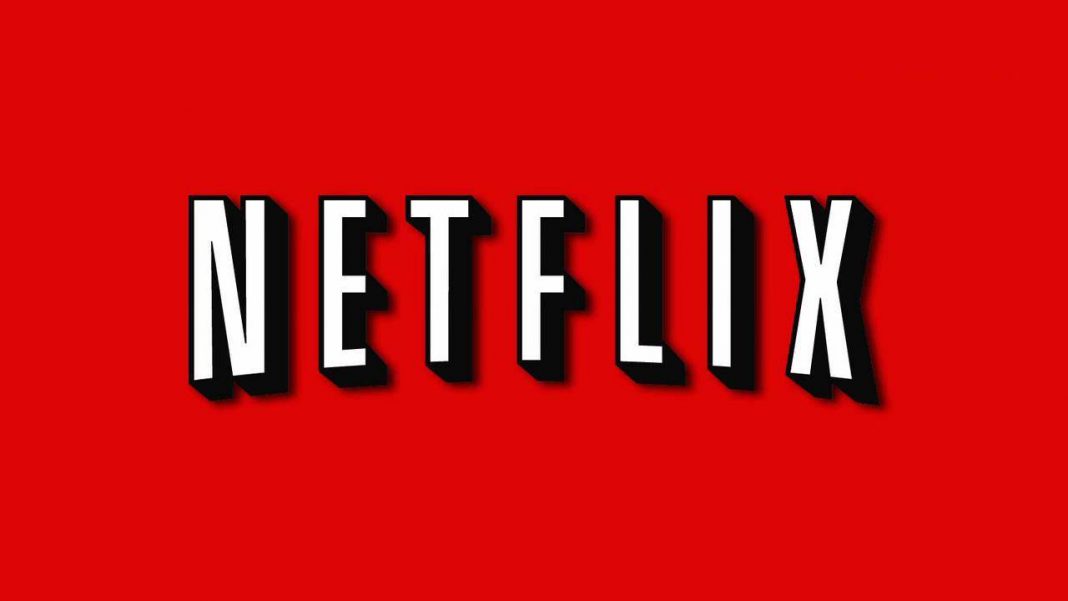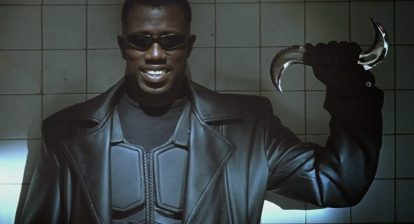John Carpenter is widely considered one of the all-time masters of horror, and for good reason. He’s a director who has proven he can work in any genre. He’s mastered incredible time and budget limitations and under some of the worst conditions imaginable was still able to produce The Thing. But Hollywood has never treated him the way that his fans have treated him. The film industry has never been particularly kind to John Carpenter. But he kept going because he loved the work.
He was not a filmmaker who came from much, only a humble small-town Kentucky upbringing and dreams of making movies that had the same impact on audiences that the films of Howard Hawkes and others had had on him. He worked to get into the industry, going to film school with barely any money and creating his own short films with the friends he made there. His final film project, The Resurrection of Bronco Billy won the Academy Award for Best Live Action Short Film. From there he went onto his first feature, Dark Star. Carpenter fought his way into the industry and from there, he had to fight to stay.
 Some of Carpenter’s films would be met with great reviews and others were strong at the box office, but he rarely had both at the same time. Even Halloween was not a strong critical success at first. When it struck it big, though, it really struck it big and paved the way for much of Carpenter’s future success. Despite all the great films he made after Halloween, nothing came close to matching that movie’s success. Many of them flopped. Carpenter has often said that he took the failure of The Thing the hardest, and with good reason. The feature was a masterpiece and while that’s fairly well agreed on now, it was not such back then. It was a failure for years and years until it was rediscovered on VHS and DVD.
Some of Carpenter’s films would be met with great reviews and others were strong at the box office, but he rarely had both at the same time. Even Halloween was not a strong critical success at first. When it struck it big, though, it really struck it big and paved the way for much of Carpenter’s future success. Despite all the great films he made after Halloween, nothing came close to matching that movie’s success. Many of them flopped. Carpenter has often said that he took the failure of The Thing the hardest, and with good reason. The feature was a masterpiece and while that’s fairly well agreed on now, it was not such back then. It was a failure for years and years until it was rediscovered on VHS and DVD.
Carpenter has more than proven himself in the industry. He has garnered legions of fans and, more than that, has finally been accepted by the film world for his contributions. He’s one of the all-time great directors and is beginning to be seen as such outside of his core fan base. But that doesn’t make the climate of the industry any easier to work in. It’s a hard business. It might sound cliché to say that film is a young man’s game, but it is. The hours are long and arduous for months at a time and there is no payoff until the project is finished, and in Carpenter’s case it is often years before it’s clear that the effort was even worth it.
Everyone constantly asks, in virtually every interview, when Carpenter’s next movie will happen. Yet he’s made it pretty clear that he’s not all that interested in making movies anymore. He’s enjoying his retirement. He’ll do the occasional convention and he might be a creative consultant on a project but he readily admits that he’s not sure if he has another film in him. I, personally, think that’s great. We might not have another John Carpenter movie, but look at the body of work he’s left us with if he decides to stop. A few near-misses here and there but nothing that is outright bad. He is a director with a consistent style yet he has proven that he can work in any genre.
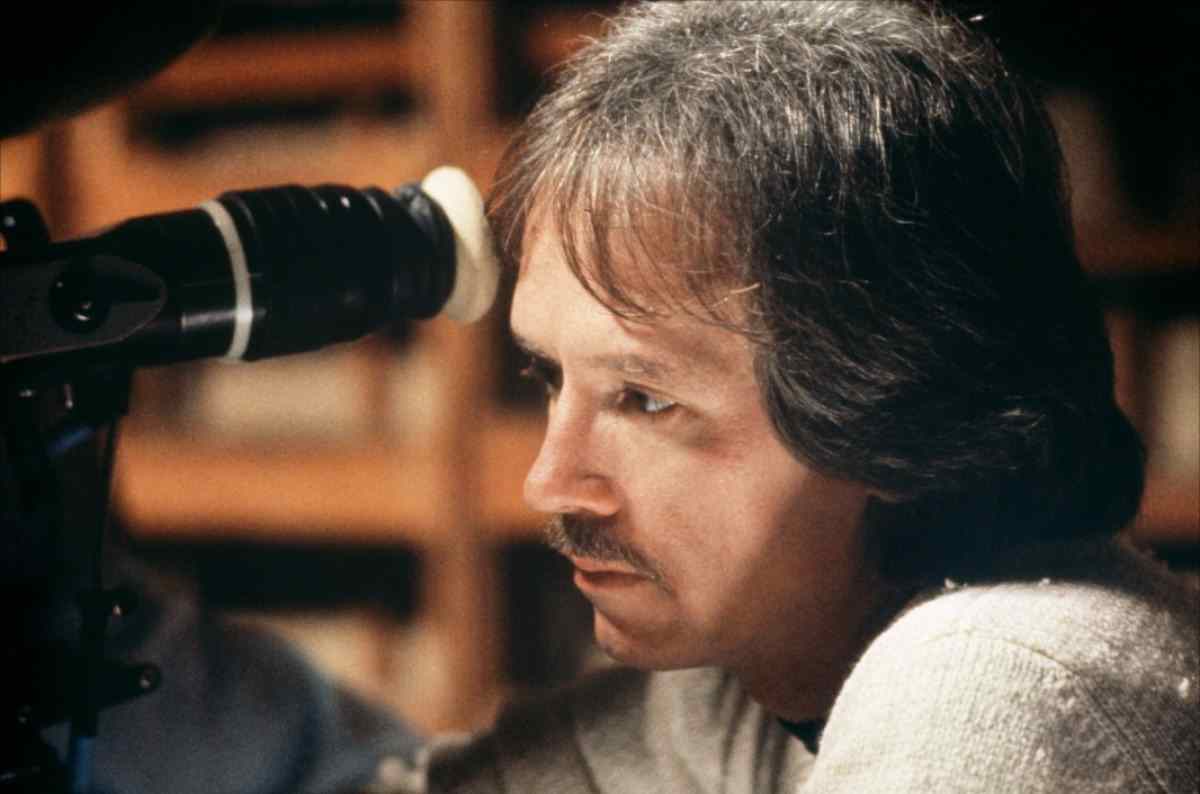 John Carpenter doesn’t want to make movies anymore and nobody should force him to. If he never makes another film he’ll still be the director that gave us Halloween, The Thing, Escape from New York, In the Mouth of Madness, Big Trouble in Little China and so many others. The best thing that could happen from here is for filmmakers to look to his work for inspiration. Directors should take influence from Carpenter the same way he took influence from Howard Hawkes. They should study his films, because they are worth studying. Carpenter should be one of the major inspirations for the next generation of directors. If we force him to make a new film now, it would likely get a backlash from fans who ignore it on the grounds that it doesn’t feel like his older material. The Ward had an almost overwhelmingly negative response from fans. It was clear that he was tired and his heart wasn’t in it as much as the good old days. Why would he want to enter back into that environment?
John Carpenter doesn’t want to make movies anymore and nobody should force him to. If he never makes another film he’ll still be the director that gave us Halloween, The Thing, Escape from New York, In the Mouth of Madness, Big Trouble in Little China and so many others. The best thing that could happen from here is for filmmakers to look to his work for inspiration. Directors should take influence from Carpenter the same way he took influence from Howard Hawkes. They should study his films, because they are worth studying. Carpenter should be one of the major inspirations for the next generation of directors. If we force him to make a new film now, it would likely get a backlash from fans who ignore it on the grounds that it doesn’t feel like his older material. The Ward had an almost overwhelmingly negative response from fans. It was clear that he was tired and his heart wasn’t in it as much as the good old days. Why would he want to enter back into that environment?
There’s no real reason. If the inspiration for a new project strikes him, that’s a different story. If, as a creator, there is a tale he simply needs to tell then that will happen and it will be fantastic. But as it stands right now, that’s not likely to happen. And if that’s the case, we should just let the man rest. He’s earned it.

